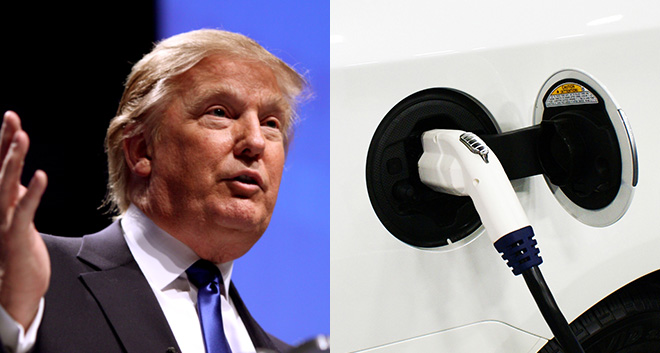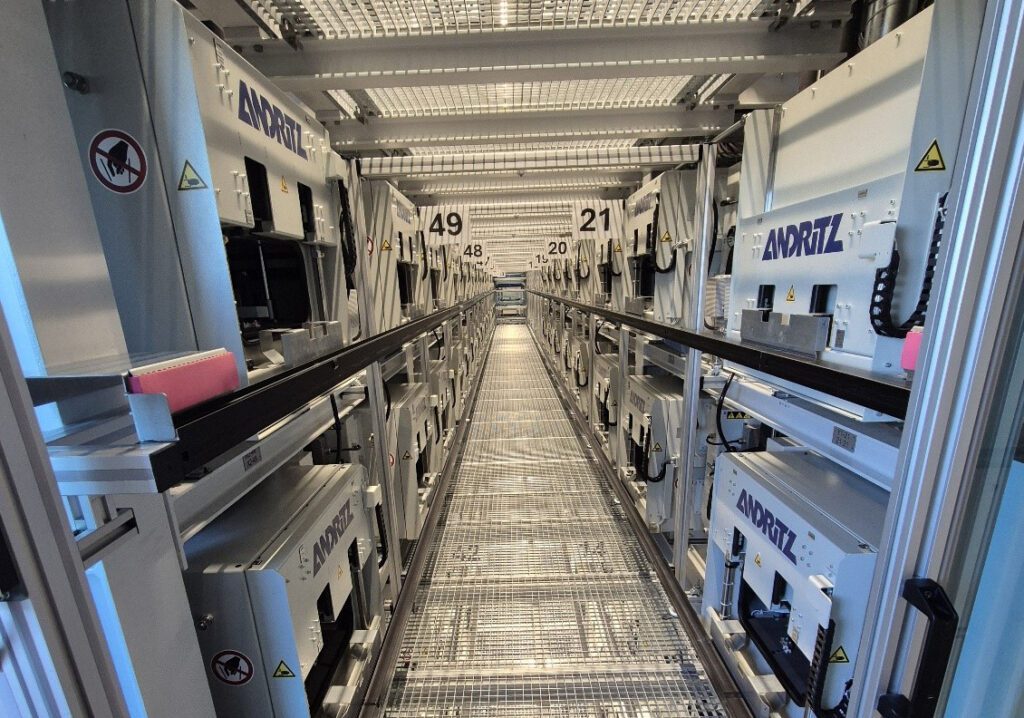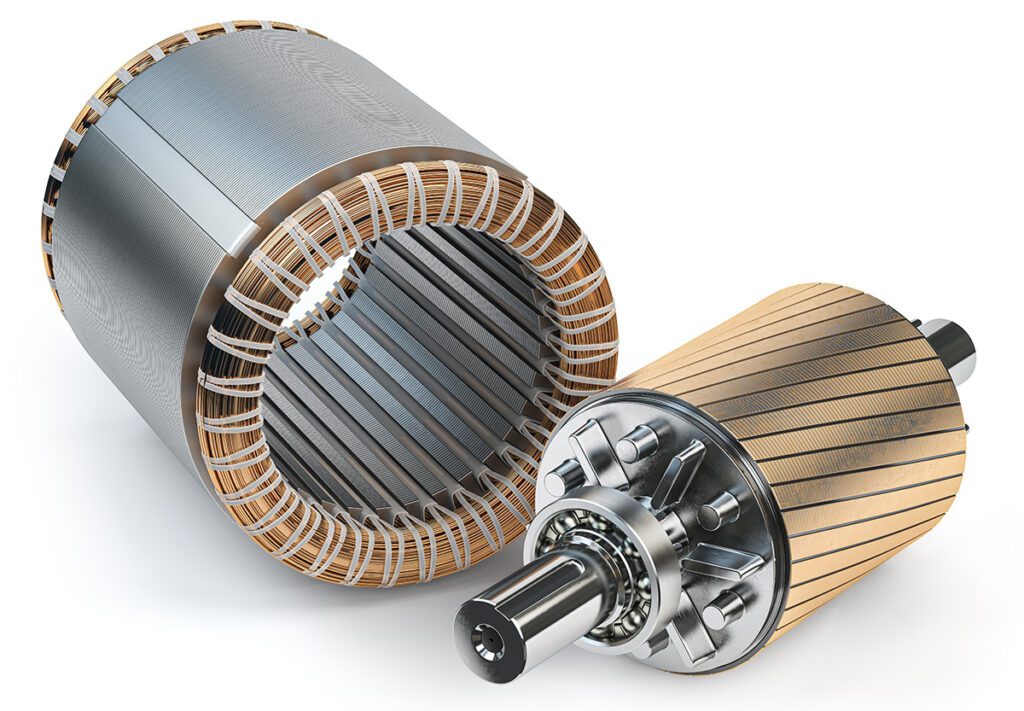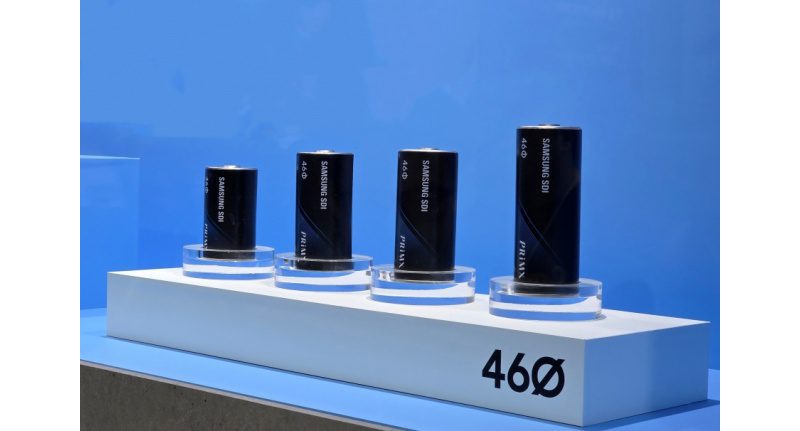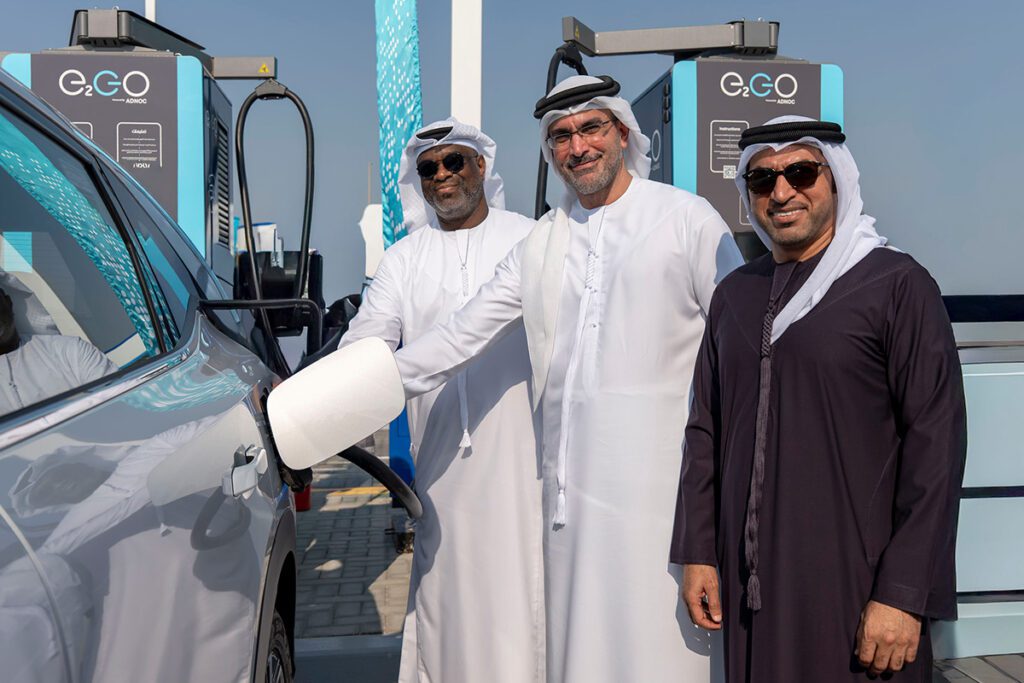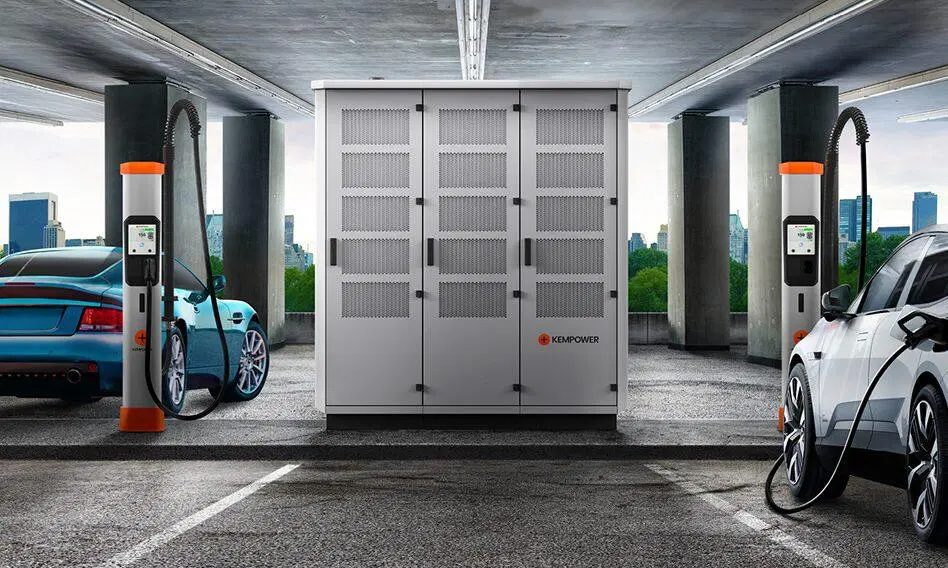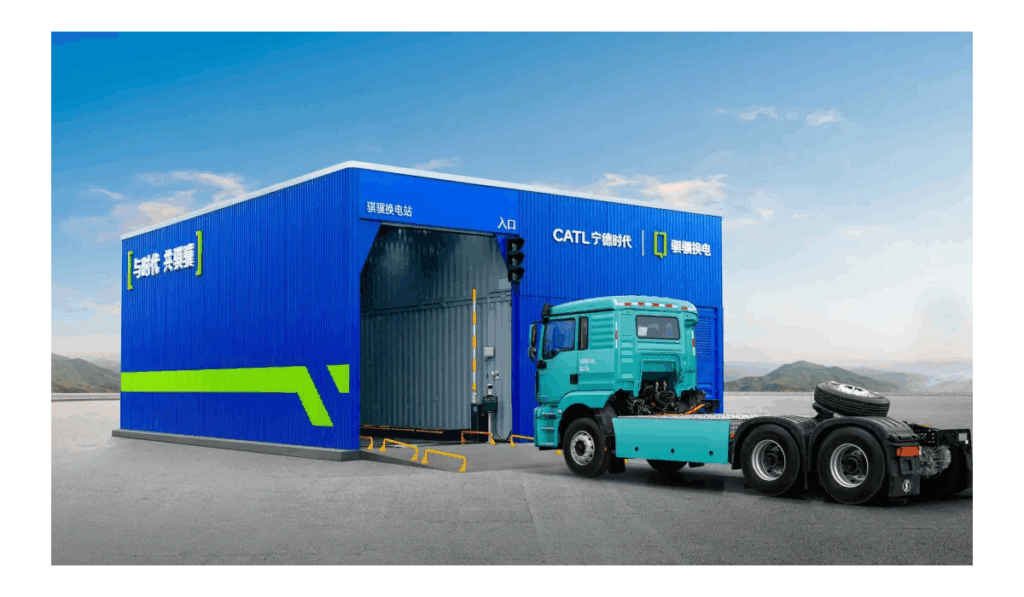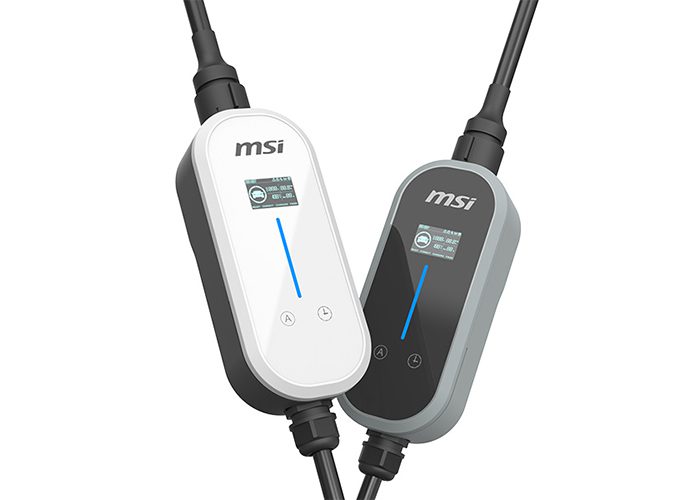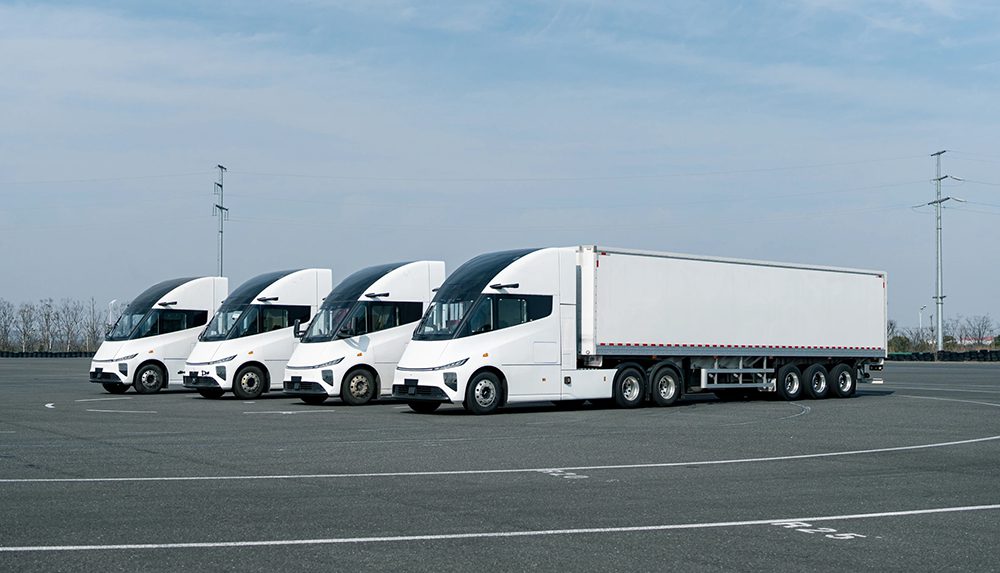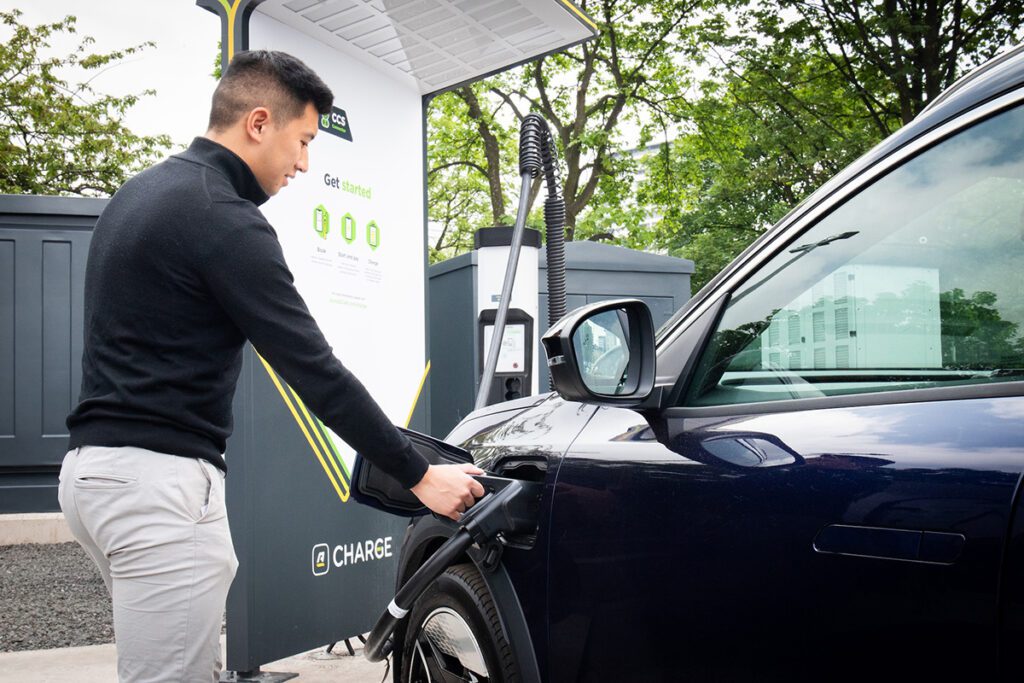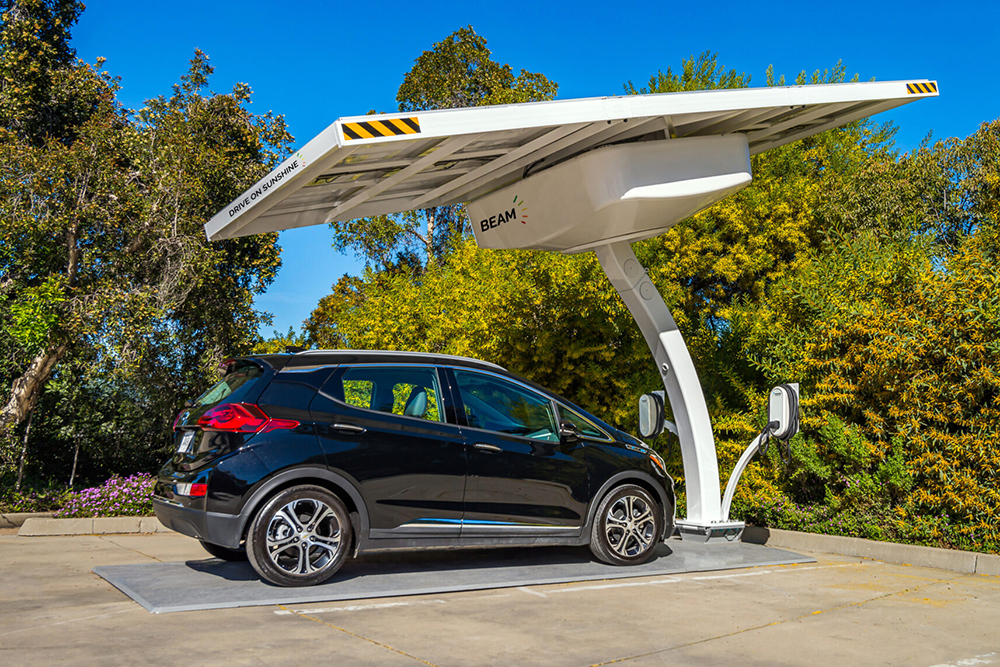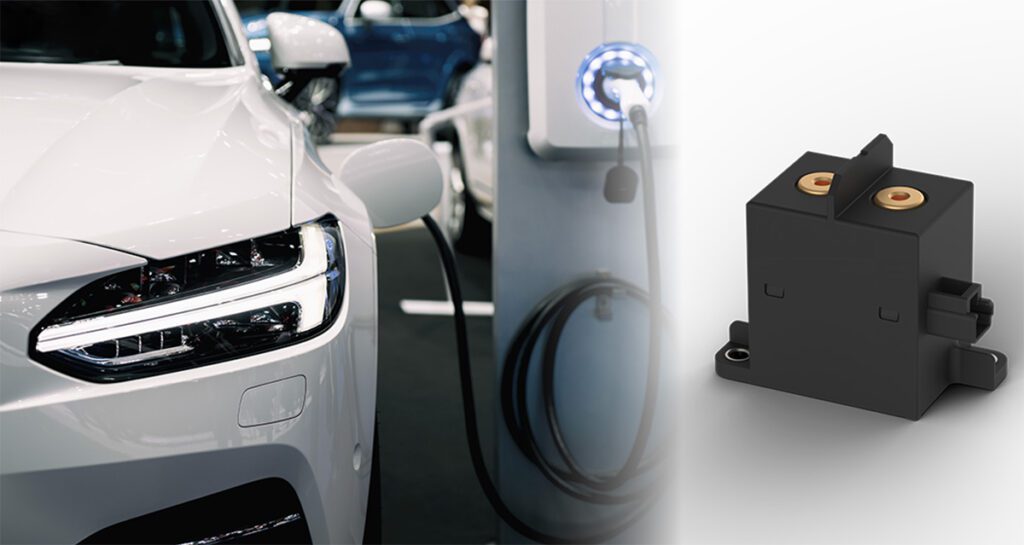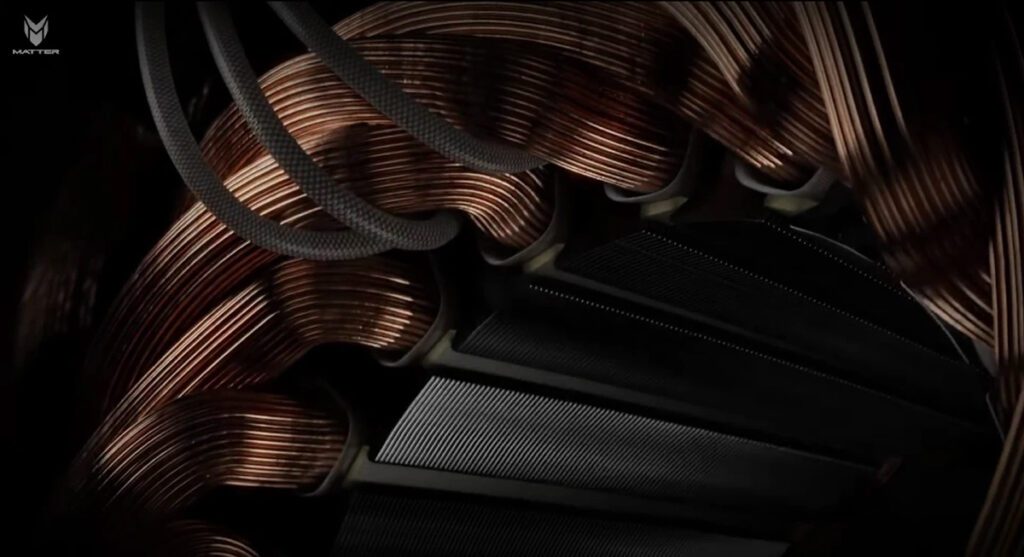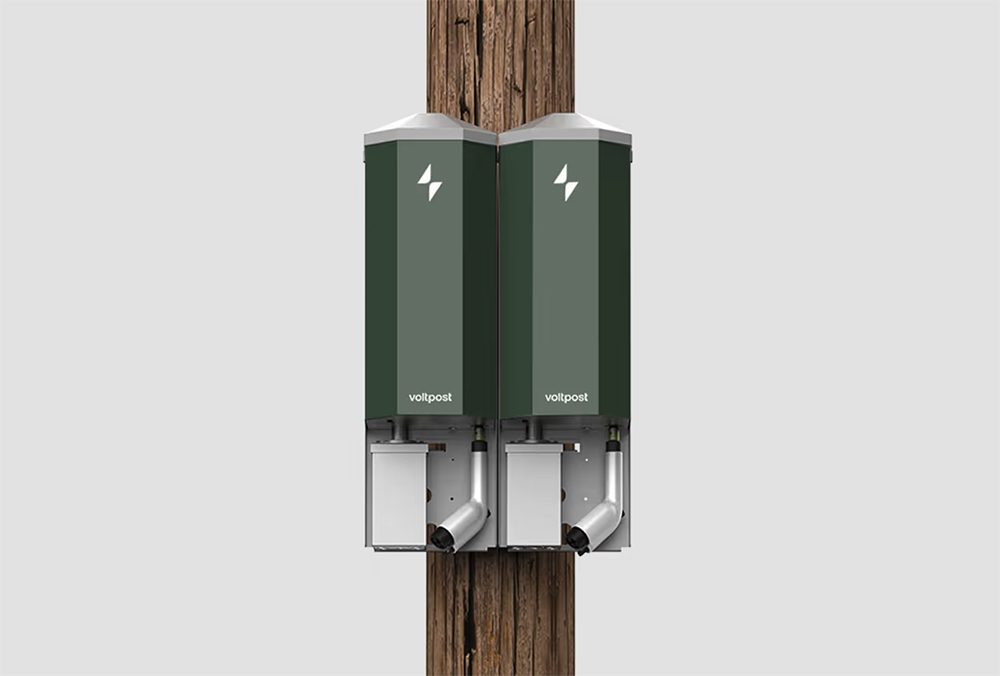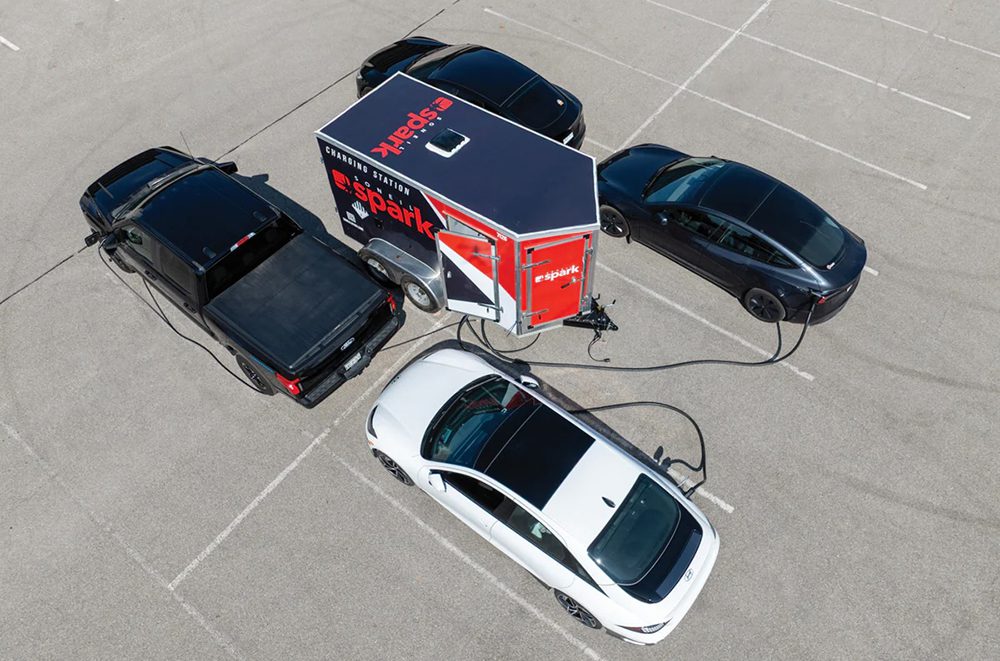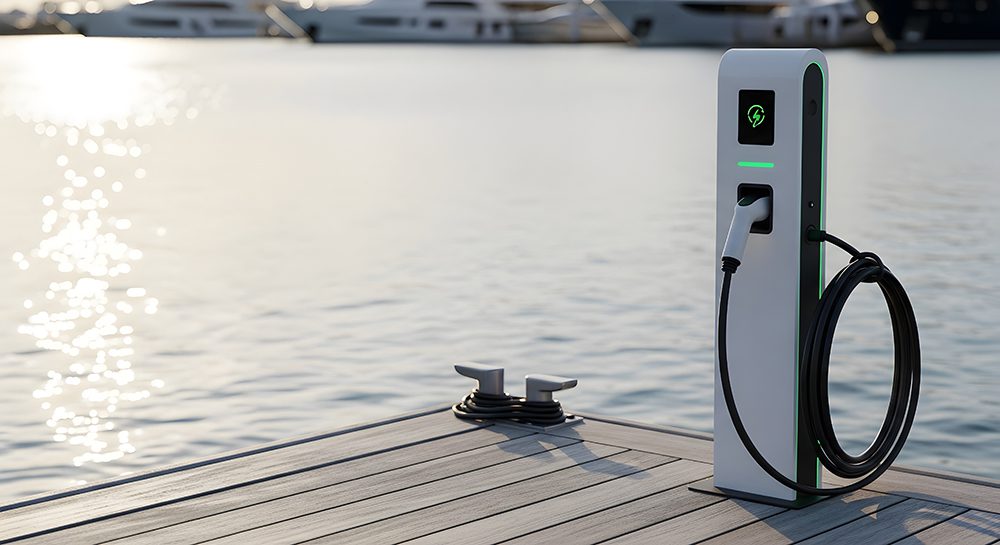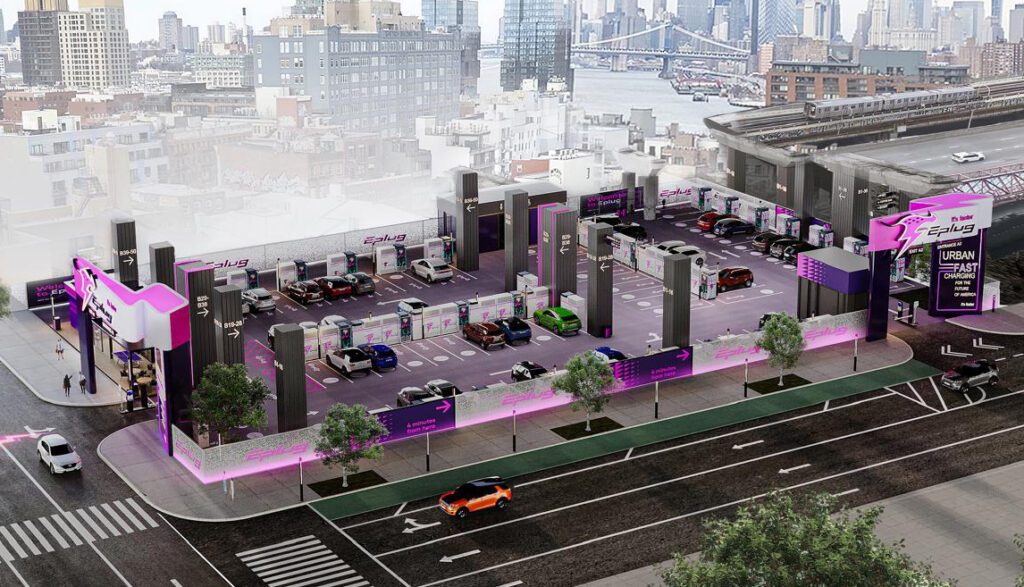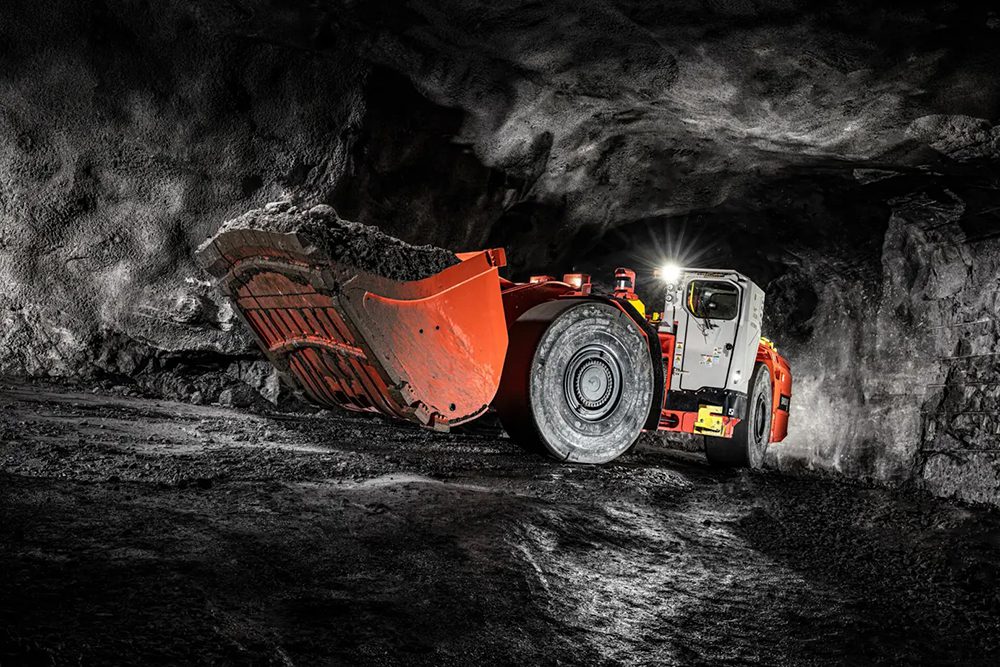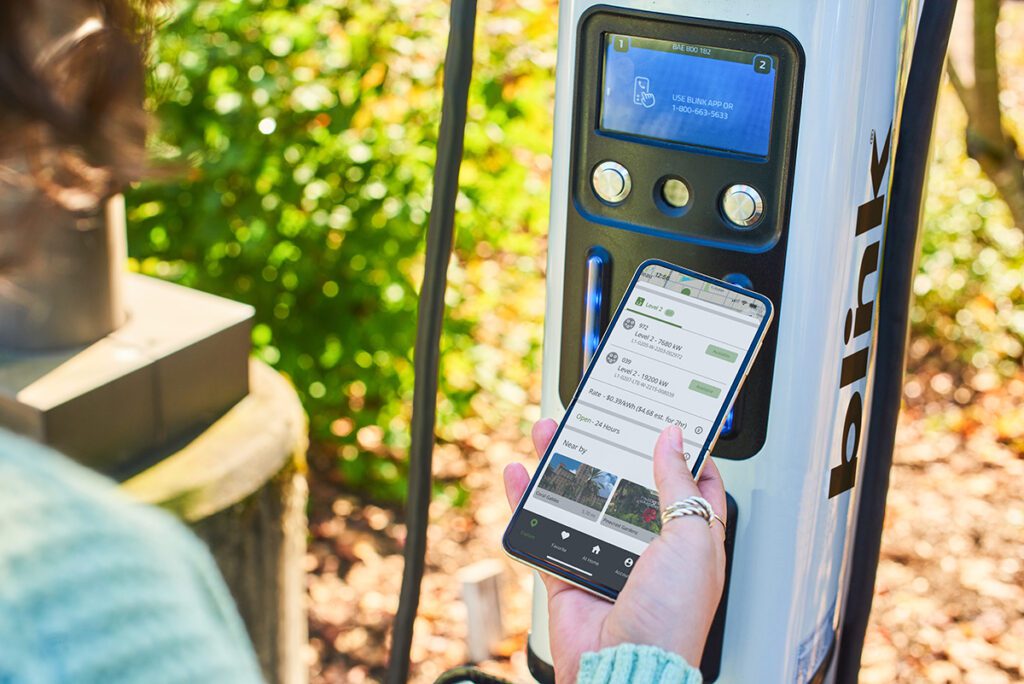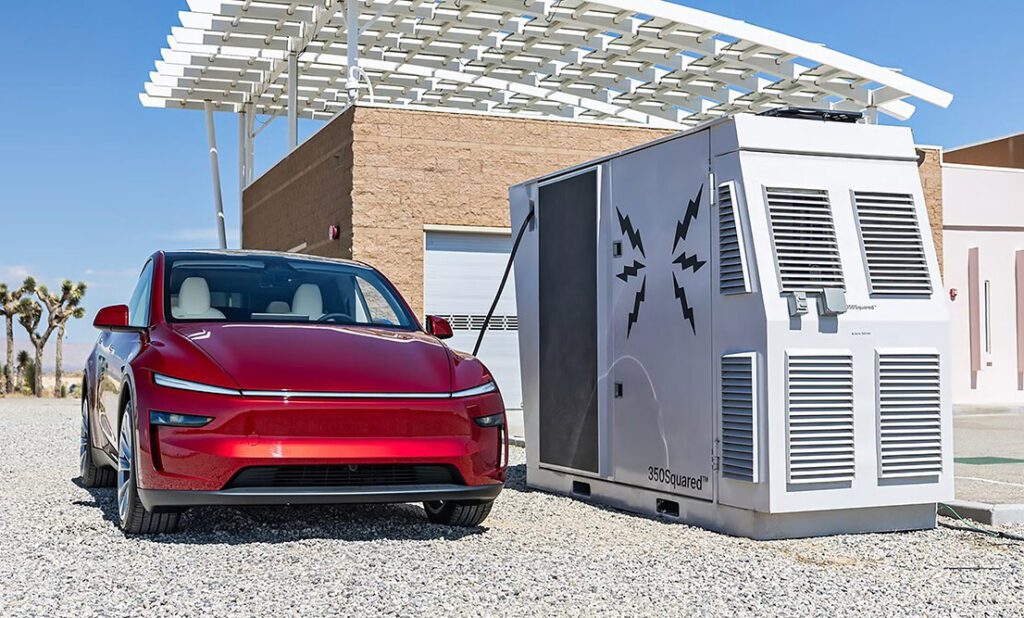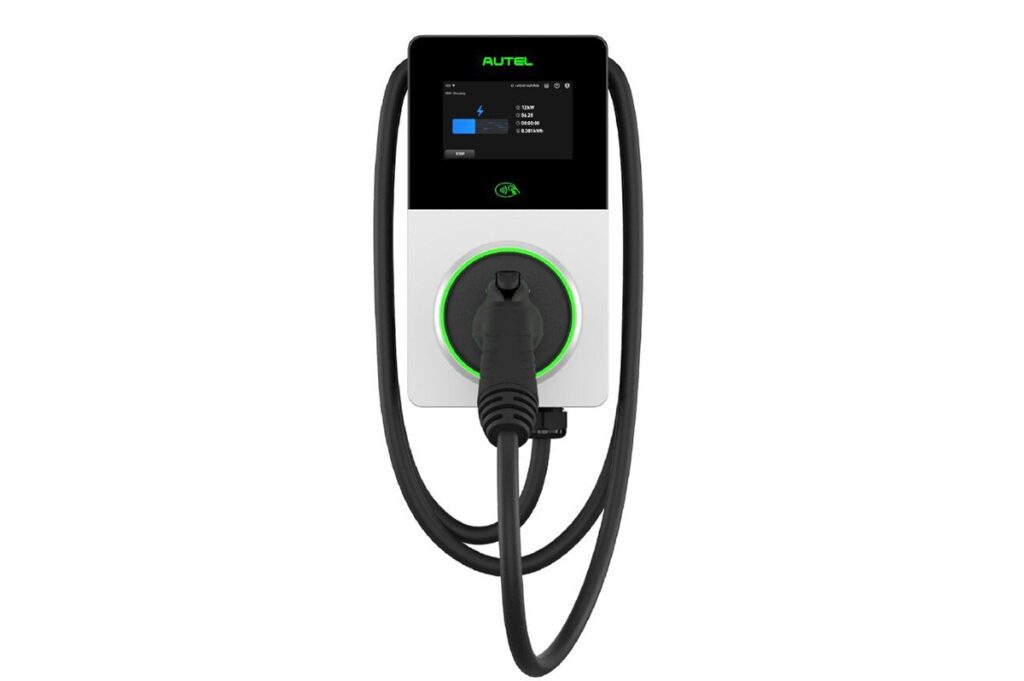This week, the Trump administration is expected to officially announce that it will re-examine the vehicle emissions and efficiency goals that automakers agreed to in 2010, with an eye to weakening the standards.
In public statements and advertising, automakers tout their commitments to expanding electrification, improving fuel efficiency and fighting climate change but, as previously reported in Charged and elsewhere, their actions behind the scenes have been radically different. Through their trade groups, automakers have been steadily lobbying the US government (as well as Chinese authorities) to water down emissions and fuel efficiency standards and other measures that have saved consumers millions in fuel costs, and driven the growth of the EV industry.
As the Union of Concerned Scientists points out, despite claims that strong standards were too difficult to achieve, automakers have in fact exceeded their regulatory targets, developing technologies – including improved compression ratios, more efficient engines, eight- and nine-speed transmissions, innovative new materials and start-stop systems – that weren’t even anticipated when the standards were written.
According to the UCS, since the current fuel economy standards came into effect, US consumers have saved nearly $57 billion on gasoline. By 2030, existing standards are projected to create some 650,000 American jobs, and eliminate more global warming emissions than virtually any other piece of climate regulation enacted to date.
Let your elected leaders know where you stand on this issue. Contact information can be found at www.usa.gov/elected-officials. To find out who represents your district, go to www.house.gov/representatives/find-your-representative for the House of Representatives and www.senate.gov/general/contact_information/senators_cfm.cfm for the Senate.
Source: Union of Concerned Scientists




